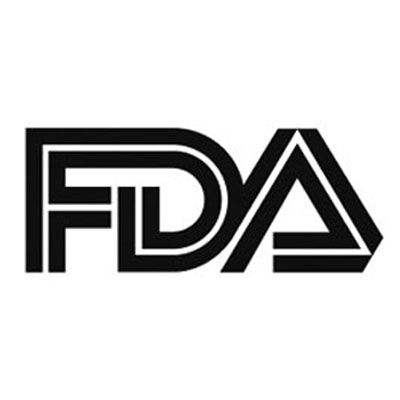FDA Clears Phase 2 Study of Abivertinib in Hospitalized Patients With COVID-19
The FDA cleared abivertinib to be investigated in a phase 2 clinical trial for the treatment of hospitalized patients with moderate to severe COVID-19.

Abivertinib (STI-5656) has been cleared by the FDA to be investigated in a phase 2 clinical trial for the treatment of hospitalized patients with moderate to severe coronavirus disease 2019 (COVID-19), announced Sorrento Therapeutics, Inc. in a press release.
The phase 2, double-blinded, randomized study (NCT04440007). will evaluate the safety and efficacy of this agent as treatment of patients with moderate to severe pulmonary symptoms. Abivertinib will be evaluated in combination with the standard of care versus standard of care alone. The study will initially be conducted at centers in the United States.
Over 600 patients worldwide have received abivertinib in various oncologic indications, which includes 1 registration study in non–small cell lung cancer. The most common treatment-related adverse events were mostly grades 1 or 2, which is common with tyrosine kinase inhibitor (TKI) therapy. No unexpected adverse events have been reported.
Abivertinib, a novel small TKI, selectively targets both mutant forms of EGFR and BTK. By irreversibly binding to the BTK receptor, the agent prevents the phosphorylation of the receptor. It has shown potent immunomodulatory activities in vitro by inhibiting key pro-inflammatory cytokine production, which includes IL-1beta, IL-6, and TNF-alpha. These cytokines have been associated with cytokine release syndrome, as well as cytokine storm and disease progression of COVID-19, which is also associated with poor outcomes in patients with acute respiratory distress syndrome.
Because the agent targets multiple cytokines at once, the company anticipates that abivertinib will be incremental to the initial findings that have been published by others for IL-6 inhibitors as treatment of COVID-19 in clinical trials. Due to the broader range of anti-cytokine activity, the company expects the clinical benefits to be more pronounced.
The trial is expected to enroll 80 patients, who will be randomized to receive standard of care treatment determined by the investigator with or without abivertinib. The starting dose for the TKI is 200 mg by mouth once daily for up to 28 days. The primary end point is the proportion of patients alive and free of respiratory failure at day 14. Secondary end points include incidence of treatment-emergent AEs, proportion of patients alive and free of respiratory failure at day 28, change in clinical status, discharge from ICU, and time to respiratory failure or death.
To be included in the trial, patients must have a confirmed diagnosis by World Health Organization criteria within 7 days of randomization and COVID-19 pneumonia requiring hospitalization and oxygen saturation < 94% on room air or patients require supplemental oxygen. Patients must also be able to swallow capsules to enroll on the study.
Patients with respiratory failure at time of screening due to COVID-19, known cardio-pulmonary resuscitation within 14 days prior to randomization, suspected uncontrolled active bacterial, fungal, viral, or other infection, and those with alanine aminotransferase ≥ 3x upper limit of normal (ULN) and total bilirubin > 2x ULN are ineligible to enroll to the study.
The study is expected to start enrolling in August 2020 and be completed by January 2021. The estimated study completion date is March 2021.
Reference
FDA clears Abivertinib for Phase 2 safety and efficacy study in hospitalized patients with moderate to severe COVID-19. News Release. July 20, 2020. Accessed July 21, 2020. https://prn.to/30zUbP4